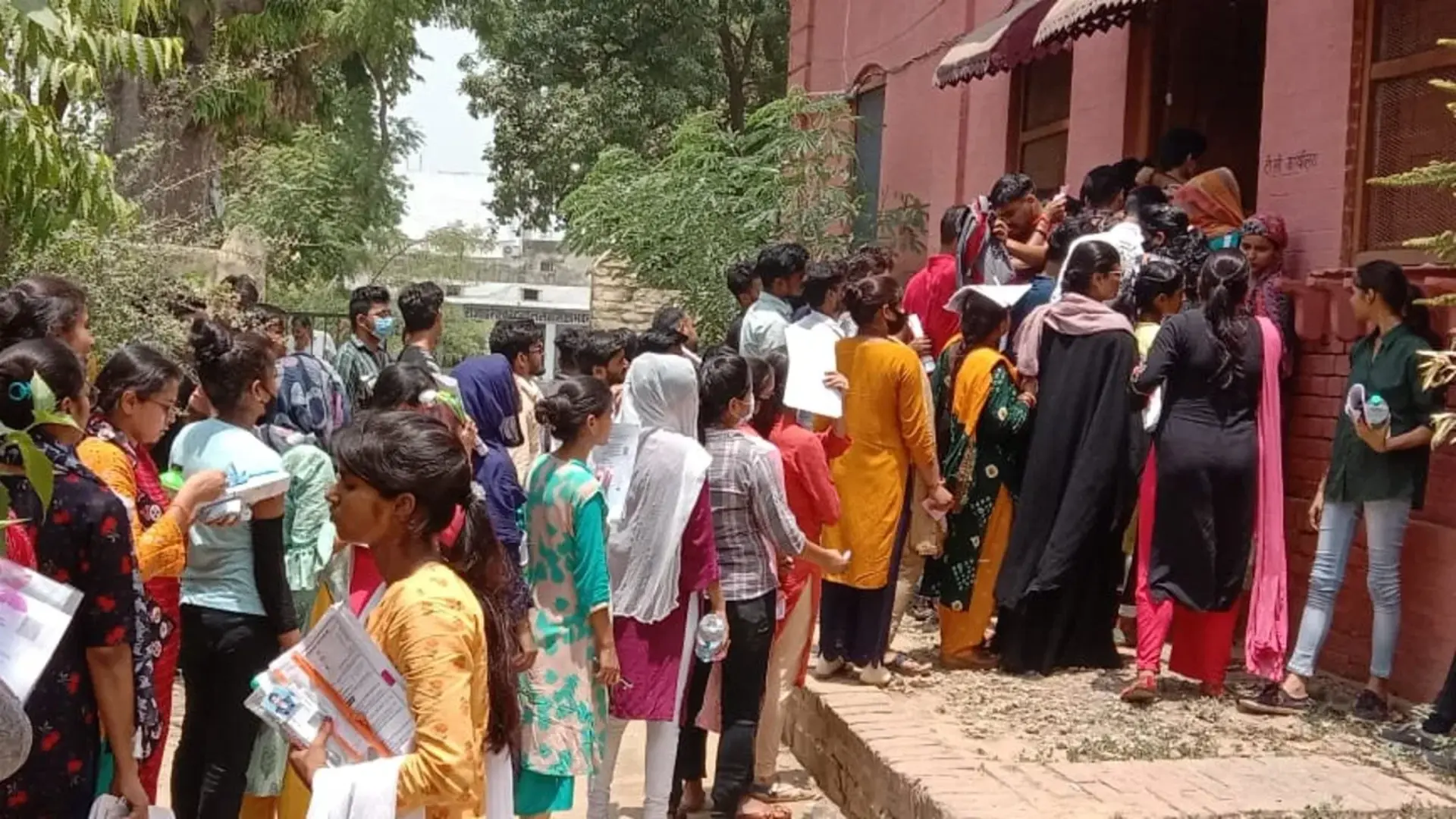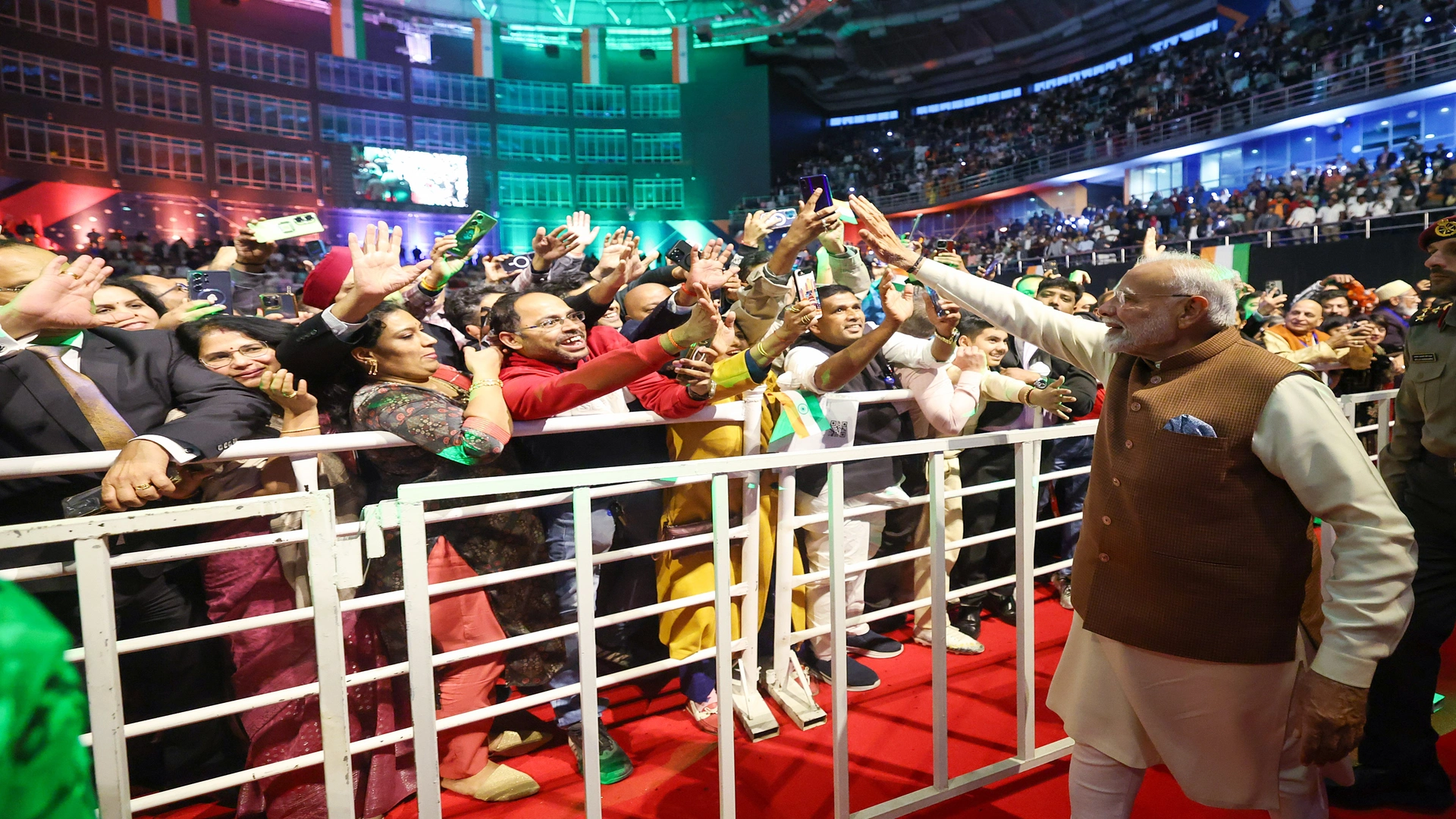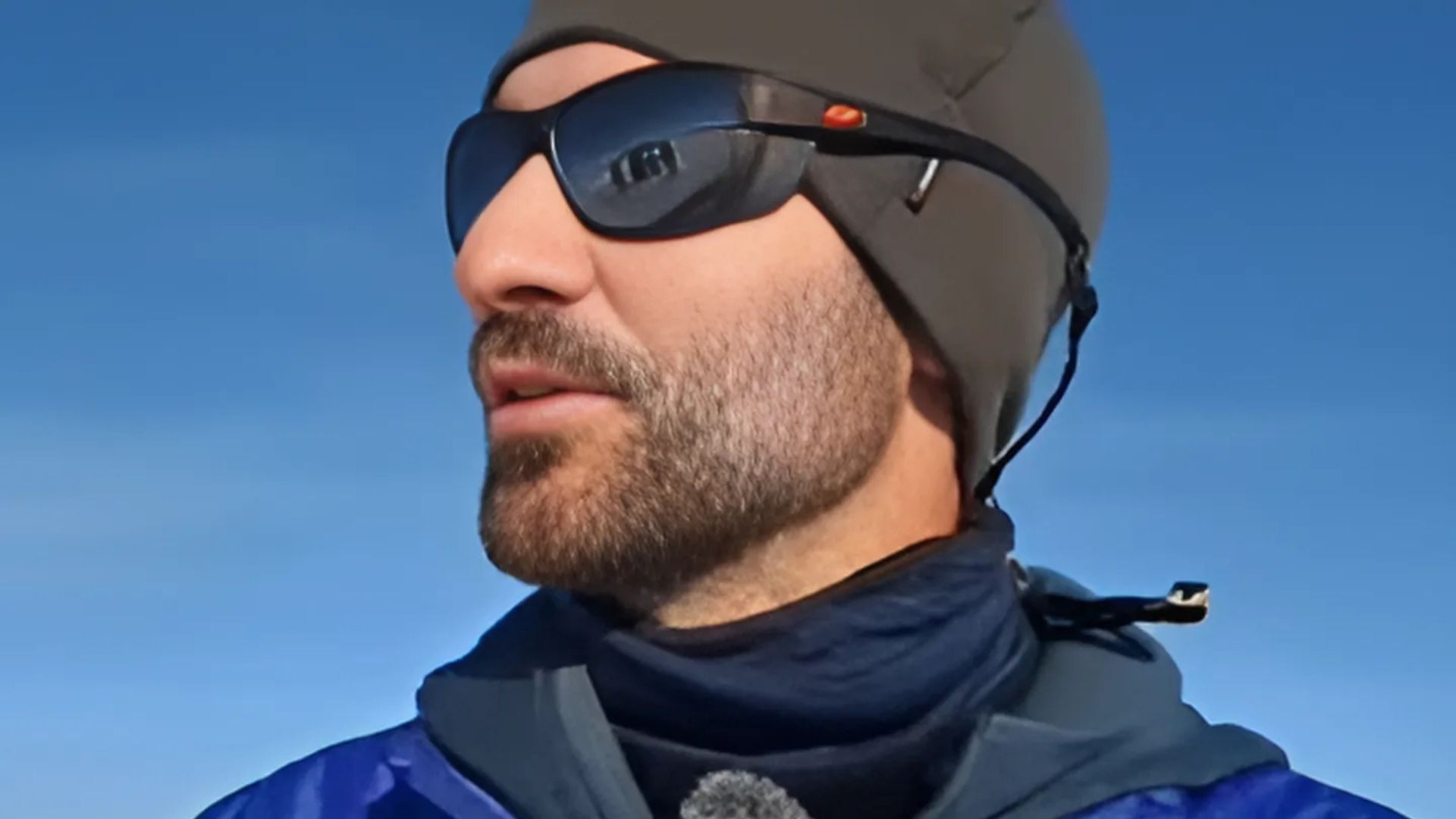In a shocking case of ‘toxic’ work culture, a 26-year-old employee of a multinational consulting firm “Ernst & Young” (EY) died in Pune due to “work stress” as described by her family.
Social media erupted in anger at death of a 24-year-old CA. Many users slammed the working culture turning “toxic” at many places. EY was at the receiving end of social media fury as nobody from the company allegedly did not attend the funeral. In a letter to Rajiv Mamani, head of EY India, her mother Anita Augustine said that Anna Sebastian Prile joined EY as a chartered accountant just four months.
Her mother said this was her daughter’s first job and she was happy and excited during the time of joining but after joining she had to work late at night and even on weekends. She also mentioned that “no one from her company attended her funeral”. A grieving mother has accused consulting firm Ernst & Young (EY) of promoting a culture of overwork after the death of her 26-year-old daughter
Anna Perayil. In a letter to the company’s India head, Augustine expressed that Anna, who was new to the organization, had been overwhelmed by the excessive workload and the pressure to meet unreasonable demands.
Social media users posted a letter from Anna’s mother to Mamani, asking Infoysys co-founder Narayana Murthy who in the recent past had advocated 70-hour work in a week.
Recounting an incident that reflected the strain on Anna, Augustine described how her daughter was once assigned a task by her assistant manager late at night, with a strict deadline the following morning. When Anna voiced her concerns, the response was dismissive: “You can work at night; that’s what we all do.” According to Augustine, Anna’s condition began to deteriorate under the increasing pressure. “Anna would return to her room utterly exhausted, sometimes collapsing on the bed without even changing her clothes,” Augustine said.
Despite her best efforts and hard work to meet deadlines, she was often bombarded with more messages demanding reports. Augustine mentioned that she and her family advised Anna to quit, but she insisted on staying to gain experience and exposure. However, the workload eventually became too much for her. In her email, Augustine accused EY of “glorifying overwork” and highlighted the stark difference between the company’s human rights statement and the reality of its work culture. “How can EY begin to truly live by the values it professes?” she questioned. Augustine described how Anna, being new to the “organization, location, and language,” was left feeling “overwhelmed by both assigned and unassigned tasks.”
She also noted that Anna, like many young professionals, lacked the experience and agency to set boundaries or push back against excessive demands. “She did not know how to say no. She was trying to prove herself in a new environment, and in doing so, she pushed herself beyond limits,” Augustine added. The grieving mother called on EY to reflect on its work culture, urging the company to take meaningful steps to prioritize the health and wellness of its employees.
“Her death should serve as a wake-up call for the company,” she said. Augustine further claimed that EY employees from the Pune office did not attend her daughter’s funeral. “This absence at such a critical moment, for an employee who gave her all to your organization until her last breath, is deeply hurtful,” she stated.
Augustine also mentioned that she received no response from her daughter’s managers after reaching out post-funeral, questioning how a company that claims to value human rights could fail to show support in such tragic circumstances. The exact cause of Anna’s death on July 20 remains unclear. However, in the weeks leading up to it, she had reportedly complained of “chest constriction.” Despite a normal ECG and reassurances from a cardiologist that she was simply experiencing stress due to a lack of sleep and poor eating habits, her condition ultimately worsened.







